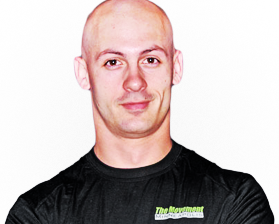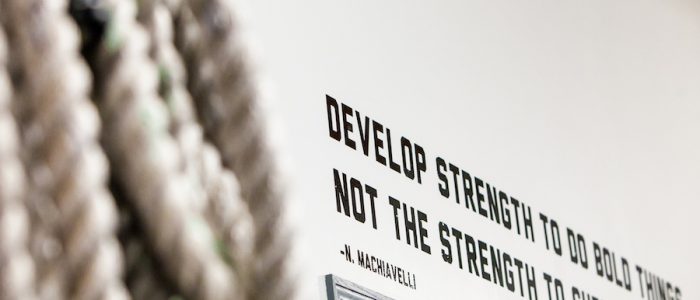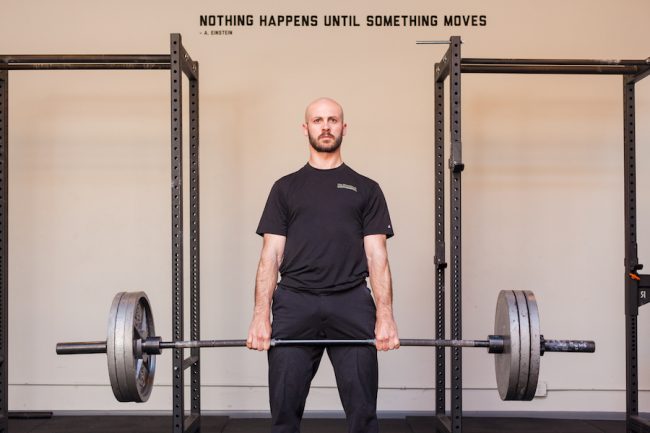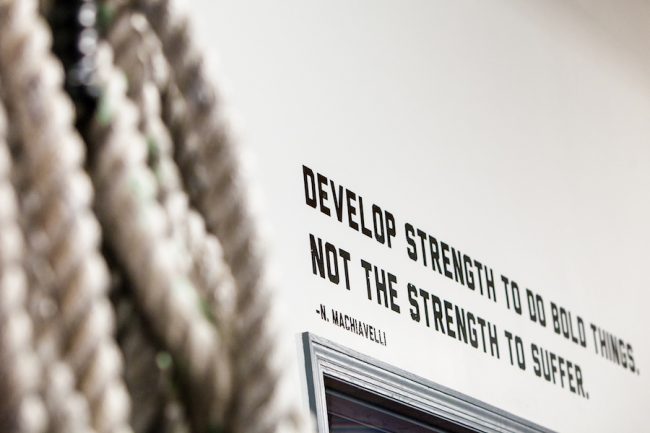
A literal frame is an enclosure that helps focus and direct your attention. The Mona Lisa might lose a bit of her gravity simply hung on the wall as bare canvas.
But when it comes to creating something, a frame only limits and stifles you. The frame tells you what you can and can’t do so at best you’ll reproduce a variation of what has come before.
Here’s a frame: fitness guy you should stick to writing about fitness. No thank you, I reject that frame. Personally I don’t find fitness interesting enough to be the only thing I write about. In fact, I think most people vastly overcomplicate it. Fitness is an important aspect of physical and personal autonomy, but as I see it (exceptions for strength sport hobbies etc) it’s a means to even greater ends.
Everywhere you look there are frames. Go to school, get good grades, get into college, graduate, get a job, retire comfortably. You can accept or reject that frame, but if you’ve been paying attention at all I think you’d agree that frame is broken anyway.
Frames also appear as models, scaled reproductions of things that necessarily leave out details and complexity present in the things that they’re made to represent. Our current model for health is to ensure that some blood values are in specific ranges. Think that might be missing something?
Frames and models virtually guarantee that you miss something, in fact in most cases that’s exactly what they’re designed and intended to do. And that can be useful as a starting point, or as one view of interpreting the world or a system. But when the frame becomes the replacement for viewing the actual system you’re doomed to fail.
I’ll close with another fitness analogy.
Few who actually know the sport would dispute that the era of Arnold, Ferrigno, Katz, Columbu and company were the glory days of bodybuilding. Through trial and error and what would now be considered broscience these men created some of the greatest physiques of all time.
But only recently have we really modeled and understood (in a limited way) the mechanisms of muscular hypertrophy (see Schoenfeld, et. al.). In theory, having modeled out what is needed to grow muscle should have allowed us frankly to create more muscle and therefore greater bodybuilders. But it hasn’t panned out that way. So even though that information is academically interesting and potentially useful, having a frame hasn’t materially impacted the outcome and in fact may have worsened it.
Because things are always more complex than the model.
I’d encourage you too to reject the frame.




